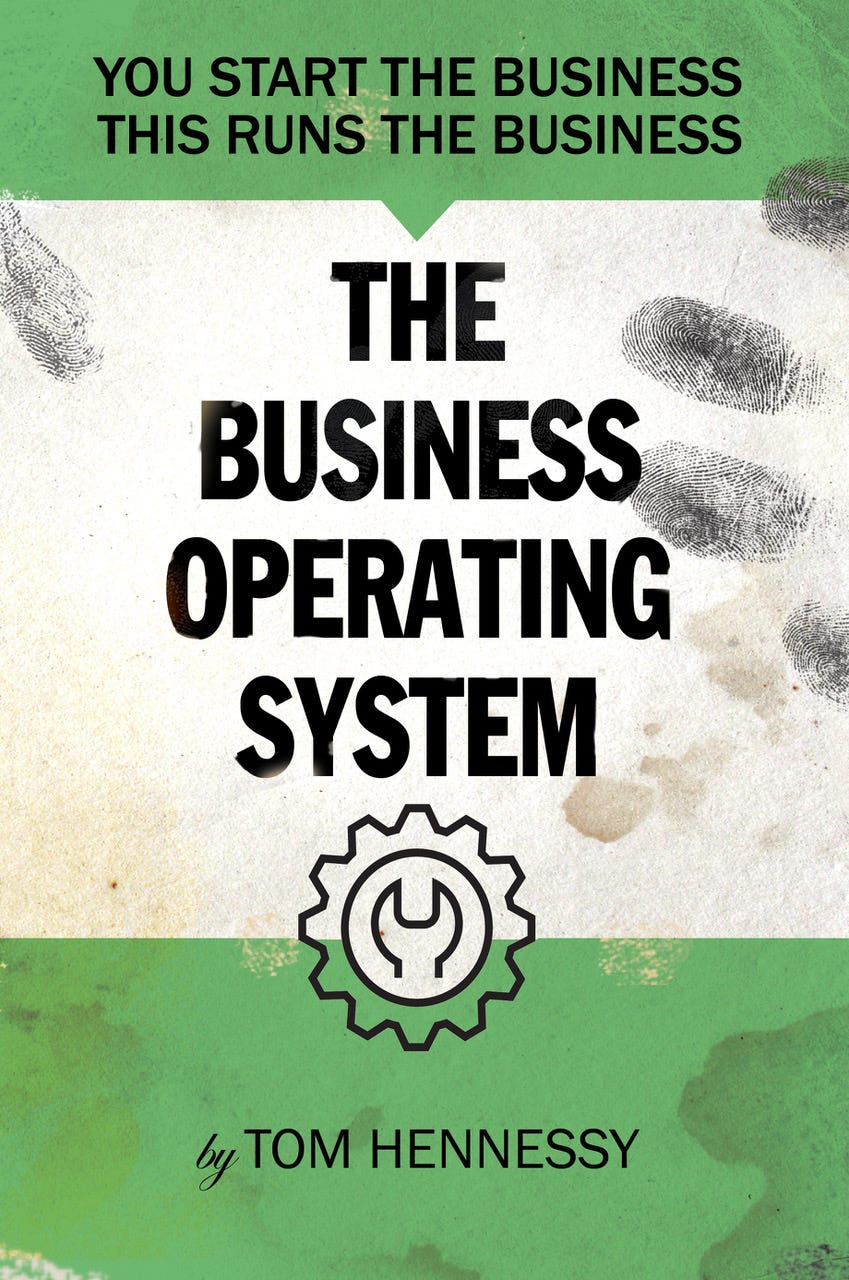Ask Dr. Frankenbrew
Thanks for all the questions I received last week. Let me hit up a few here.
Question: What is your go-to, back of the napkin, valuation multiple on ebita for a brew pub in Colorado?
Answer: I have covered this previously, but it’s a really important thing to understand, as in owning a brewery, you are owning an asset that is a major contributor to personal wealth building. If you know how to value your business, it will focus you on making sure your accounting is spot-on. You can’t create a valuable asset if you don’t have clean books and are not showing a profit.
So EBITA stands for Earnings Before Interest, Taxes and Amortization. It’s a method of valuing a company based on profits rather than just the assets of the business. The idea is to look at the cash profit of a business in its pure form.
To do this, you take your profit and loss statement for a full year and write down the net profit. Next add on to that interest payments, because that’s just paying back a loan and a future owner might not have that. Next add any income taxes that might show up on your profit and loss statement, because taxes are paid on profits and you are just valuing the business based on its profitability. And finally add any amortization expense. This is a one-time expense that the accountant has spread out over a period. Fro example a two years supply of growlers. The accountant may spread that out over those two years so a little expense shows up every month. It’s usually not a big deal.
But wait there’s more! I also like to add back into the net profit any expenses that have to do with the owner and may not have to do with the running of the business. For example a business owner may have the brewery pay for their cell phones. Or, a life insurance policy. If the owner doesn’t work in their business at all, but collects a salary, then that salary would be added as well. These expenses don’t really relate to the brewery and a new owner might not have them.
To get a good valuation on a business you should do this for at least three years. Then take the average and this would be your true net profit to base your valuation on.
With this number you assign a multiple. For me, if the business is not doing well, I would multiply the adjusted net profit by 2 or 2.5. If the business is holding steady but not really growing, then 3. If there is good solid growth then 5. If you are Google or Tesla, then 75 -ha ha. But 5 is a good multiple for a healthy growing business. Now if your adjusted net income for the year is $100,000, and business keeps growing, it is safe to say that brewery is worth $500,000.
So you see, keeping good books and maximizing profit has a multiplication factor in wealth creating. If you can get even an extra $1,000 per month in net profit, that would raise the value of your business by $60,000 ($12,000 per year times 5).
There are a lot of breweries for sale and if you are looking at buying an existing brewery, you want at least the last three years P&L to do this valuation, no matter what the brewery owner say’s it’s worth. Note: I would discount 2020, maybe even 2021 because of COVID and instead look at 2019 as it relates to 2022 and 2023.
By the way, one of my students sold his brewery recently (wanting to retire). I ran his profit and loss scenario through this formula and gave him a number I thought it was worth. He eventually went through a business broker and the number the pro’s came up with was within a couple thousand of the number I gave him, so I feel pretty good about this method.
I’m just scratching the surface here about how important this is to you as a brewery owner and how it will influence your life. That’s not hyperbole.
Not just if you are planning on buying an existing brewery, but even just starting one from scratch. You should set up the business so that you can eventually sell it. There I said it. That’s what the majority of successful brewery owners do. You are behind the eight ball if you don’t think about these things at the very beginning of your brewing adventure. Personally I like to sell the business to the key employees who I know will do a good job at running the business, and I feel good that this wealth building opportunity gets passed along to them.




